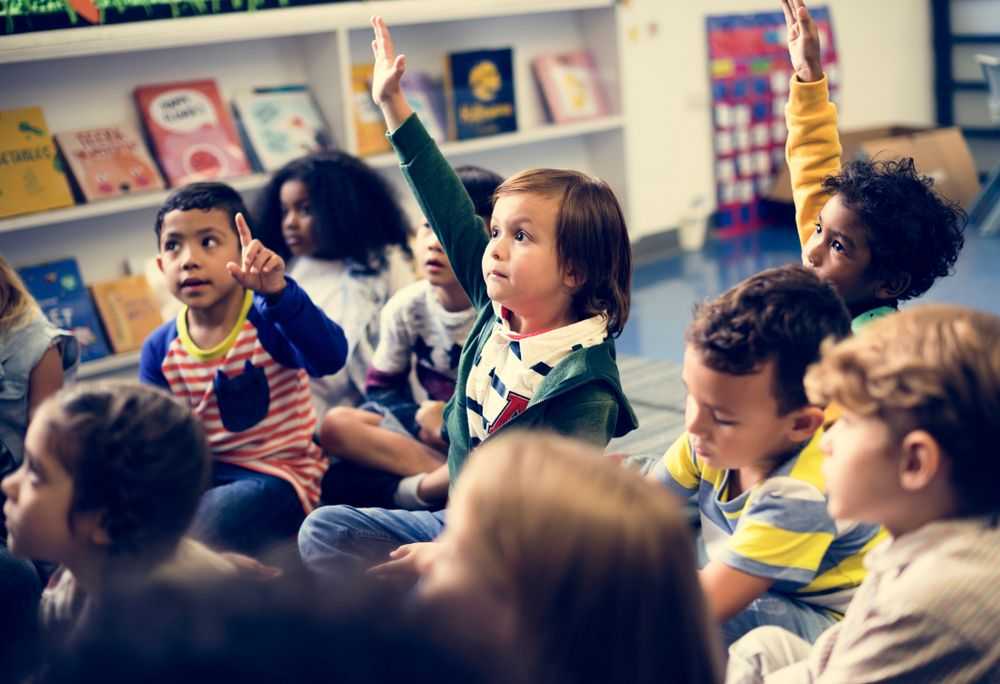Home>The early roots of educational inequalities in preschool

04.04.2025
The early roots of educational inequalities in preschool
About this event
04 April 2025 from 11:30 until 12:30
Room K011
1 pl. Saint-Thomas-d'Aquin, 75007, ParisCRIS SCIENTIFIC SEMINAR 2024-2025
TALK BY SĖBASTIEN GOUDEAU
Professeur des universités en psychologie sociale, Université de Poitiers et INSPE Niort. Membre du CeRCA (Centre de Recherches sur la Cognition et l'Apprentissage)
Why do educational inequalities related to social class emerge so early in school? Most research in psychology attributes these inequalities to individual characteristics of students (e.g., intelligence, motivation) or their parents (e.g., lack of educational knowledge, less stimulating parenting practices). However, these studies often overlook a crucial factor in learning: its dependence on the situations in which it takes place.
In this presentation, we will discuss a series of studies examining:
- Do whole class discussions in preschool provide equal opportunities for students to speak based on their social class?
- How do students interpret differences in oral contribution?
In the first study, based on video observations (N = 1,236 observations; 98 children), we tested the hypothesis that classroom settings do not equally promote oral participation among children. Given that academic norms align more closely with the socialization of children from privileged social classes but diverge from those of working-class children, we predicted that the latter would participate less in oral interactions.
This study revealed that children from working-class backgrounds are not only less likely to speak after being called on but also less likely to speak spontaneously. Additionally, when they do speak, they hold the floor for a shorter duration than their more advantaged peers. Notably, these differences persist even after controlling for students' language proficiency, thus challenging a deficit-based perspective.
In a second study and a pre-registered replication (N = 94, N = 306), we tested the hypothesis that children are more likely to explain these differences in oral contribution as resulting from internal factors (e.g., intelligence) rather than external factors (e.g., parental educational practices). Since children from privileged social classes have more opportunities to speak, they may also benefit from more positive perceptions, which could further strengthen their engagement.
Finally, we will present an ongoing study investigating the effects of a teacher-targeted intervention on the distribution of speaking opportunities in the classroom and students' language skills.
References:
2025, Goudeau, S., Easterbrook. M., & Fayant, M. P.. “How to do research in classroom settings”, Nature Human Behaviour.
2024, Goudeau, S., Stephens, N. M., Markus, H. R., Darnon, C., Croizet, J.-C., & Cimpian, A., “What causes social class disparities in education? The role of the mismatches between academic contexts and working-class socialization contexts and how the effects of these mismatches are explained”, Psychological Review.
2023, Goudeau, S., Sanrey, C., Autin, F., Stephens, N. M., Markus, H. R., Croizet, J. C., & Cimpian, A., “Unequal Opportunities from the Start: Socioeconomic Disparities in Classroom Participation in Preschool”, Journal of Experimental Psychology: General.
2024, Goudeau, S., Comment l’école reproduit-elle les inégalités ? UGA Éditions.
2024, Goudeau, S. & Duru-Bellat, M., L’intelligence, ça s’apprend ? UGA Éditions.

